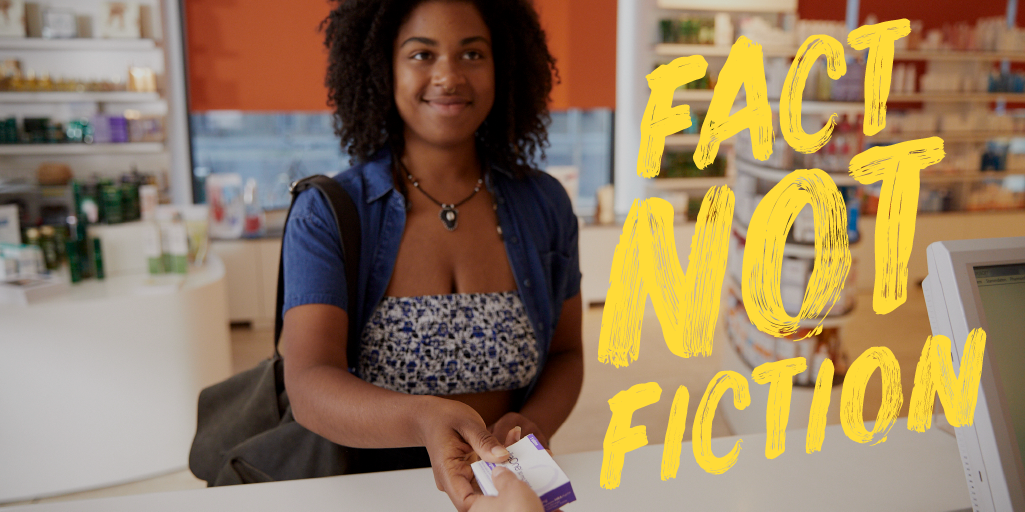The morning after pill - the most common misunderstandings revealed
Think you know too? Think again…

Getting the morning after pill is not always an easy decision. Some women have even been known to have been refused by a pharmacist.
But for many, it’s one that’s riddled with confusion, too. In fact, in a survey of over 1,000 British 18-35 year olds, almost 60 per cent of young Brits between the ages of 18-35 don’t know how emergency contraception works.
47 per cent believe you can only use the ‘morning after pill’ the morning after having unprotected sex, while 40 per cent said they thought it would always cause side effects.
The survey, by leading pill supplier ellaOne has led them to launch Fact not Fiction, a sex education campaign about the morning after pill. The campaign has been backed by the British Pregnancy Advisory Service (BPAS).
Revealing that the most popular sources for advice were ‘the internet’ and ‘friends’, the research showed, ellaOne believes, that young people in the UK are ‘vulnerable to misinformation that could put them off using emergency contraception when they need it most.’
READ MORE: Contraception shortages in the UK having ‘detrimental’ effect on women: ‘They deserve better’
The survey revealed a wide variety of misconceptions and 'a dangerous lack of knowledge' about their contraceptive options, including:
GoodtoKnow Newsletter
Parenting advice, hot topics, best buys and family finance tips delivered straight to your inbox.
- 54 per cent of those surveyed didn’t know that there is more than one type of morning after pill
- 59per cent did not know the morning after pill works by delaying ovulation
- 41 per cent of respondents believe the morning after pill works by causing a mini abortion
- 47 per cent believe you can only use the ‘morning after pill’ the morning after having unprotected sex
- 40 per cent believe the morning after pill always causes side effects
- 40 per cent believe the morning after pill can make you infertile if you use it too many times
- 51 per cent believe you shouldn’t take the morning after pill more than once in the same cycle
- Only 44 per cent of respondents had been taught about the morning after pill during their sex education (with 43 per cent of those saying it was only mentioned briefly).
Clare Murphy, of the British Pregnancy Advisory Service (BPAS), says: “It speaks volumes that the most common way for young people to have heard about emergency contraception was from their friends rather than any authoritative, fact-based source."
"Our failure to speak openly about the morning after pill and embrace it as a method women should use as and when they need it means misinformation is rife – it’s shocking to learn 40 per cent think it can make you infertile and that more than half believe it can’t be used more than once in the same cycle. We welcome this campaign and the drive to dispel dangerous myths that may prevent women using the morning after pill in a time of need.”
If you are worried about unwanted pregnancy, see your GP or pharmacist as soon as possible.